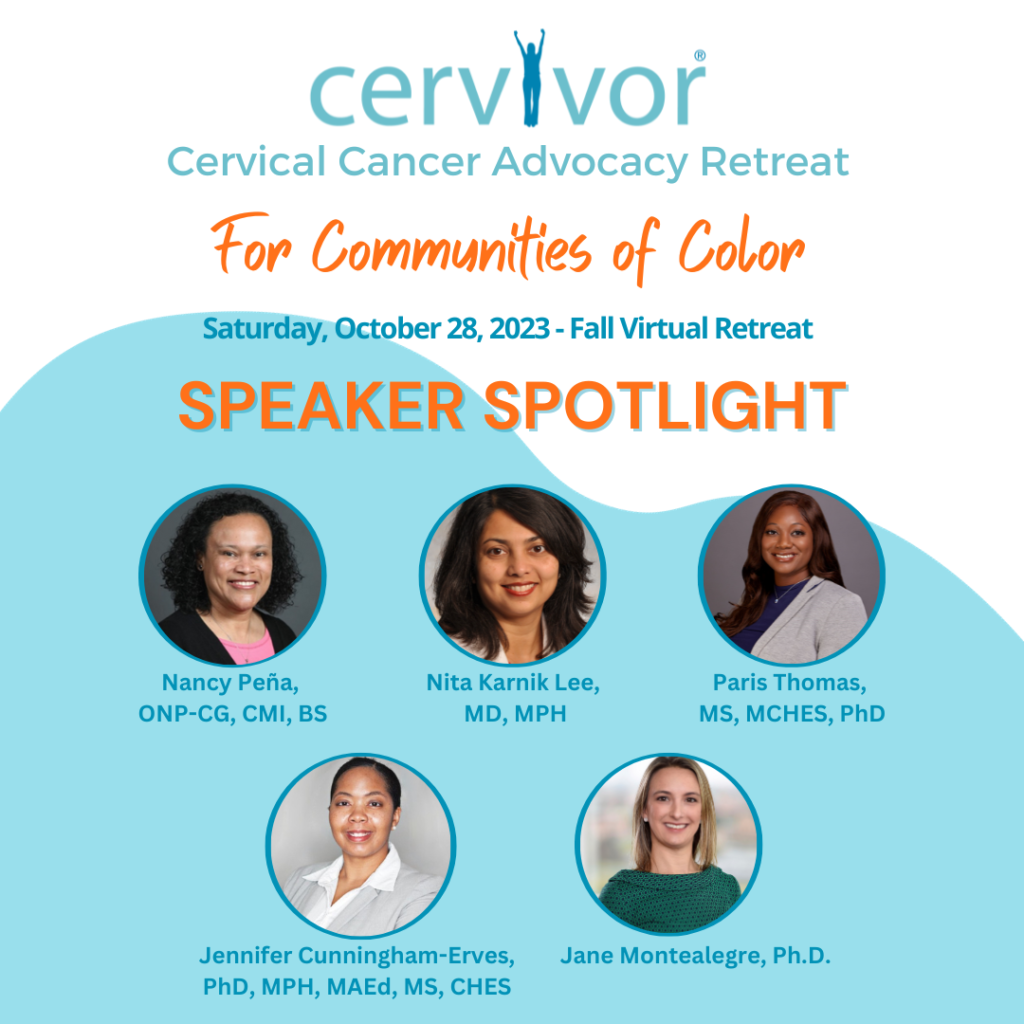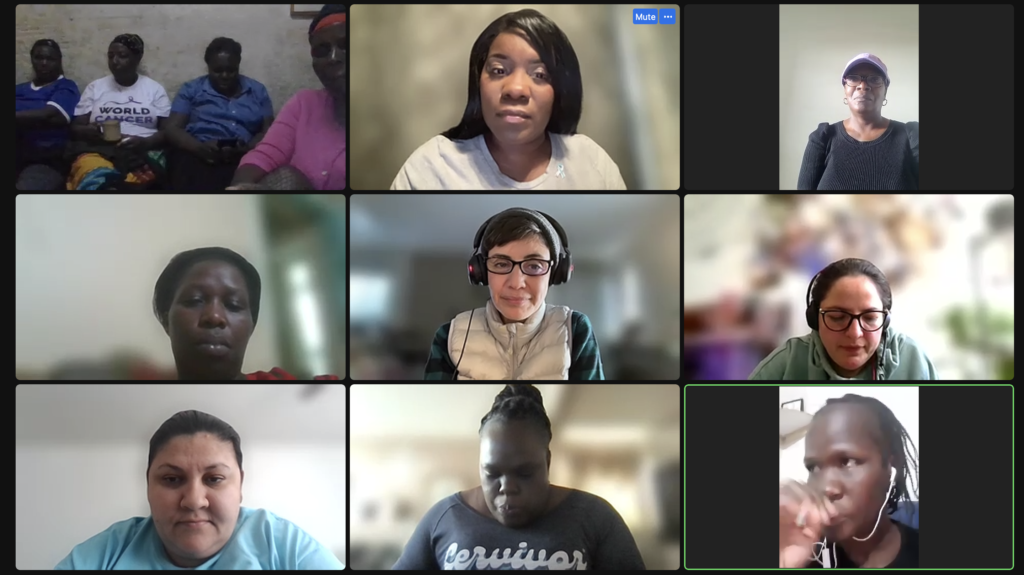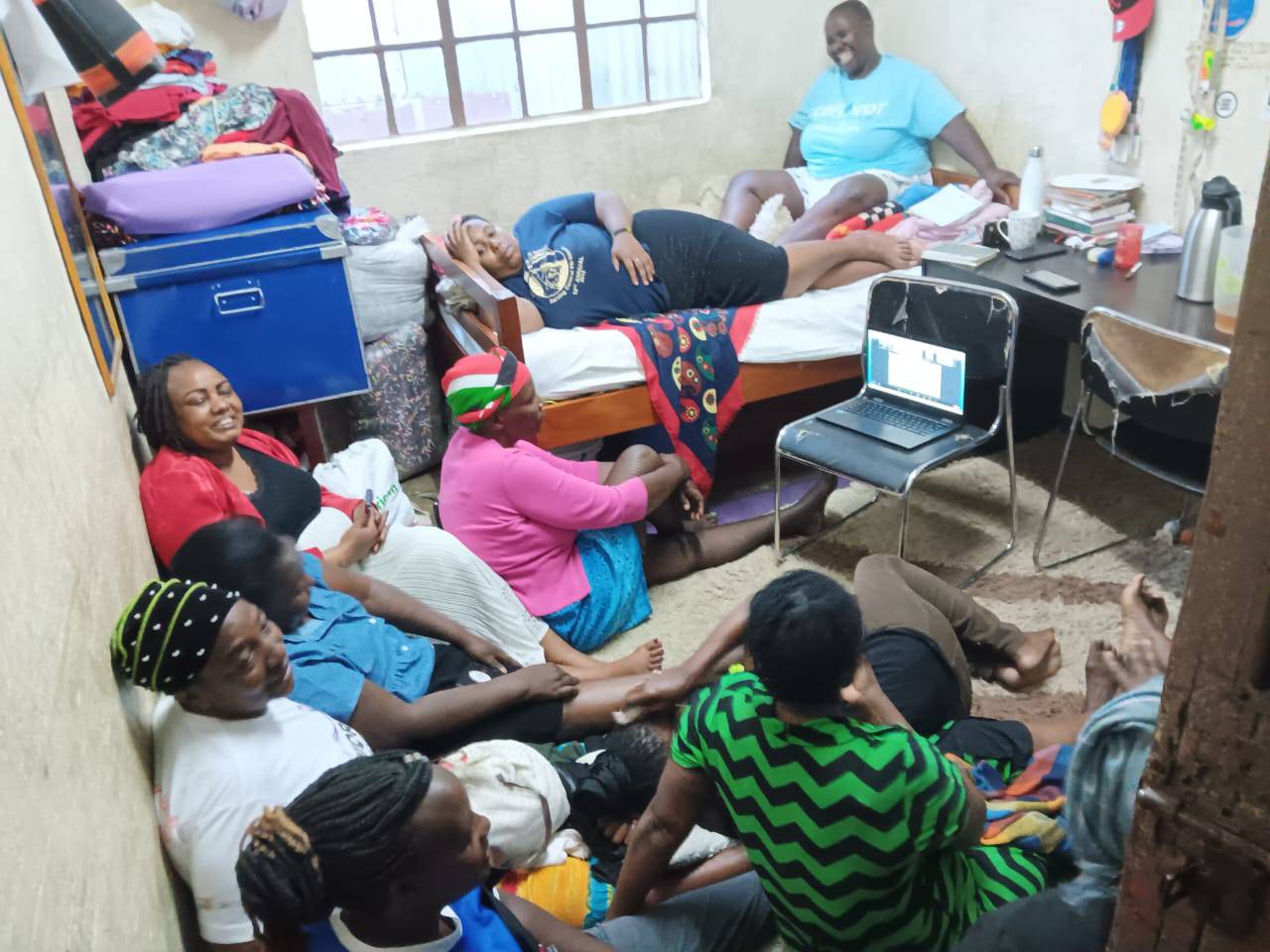Cervical cancer is a global health concern that affects women of all races and ethnicities. However, when we look into the cultural nuances surrounding healthcare, it becomes evident that certain communities face unique challenges.
Black women, despite advancements in healthcare, continue to face disproportionate rates of cervical cancer. The reasons behind these disparities are complex and rooted in a combination of socioeconomic factors, healthcare access, and cultural considerations. To truly understand the impact, we need to listen to the stories of Black women who have faced the challenges of cervical cancer head-on.
Impactful Stories of Black Cervical Cancer Survivors
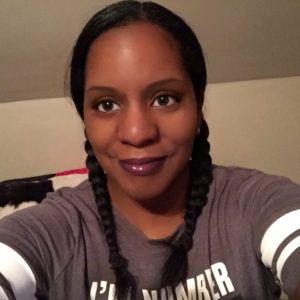
Shondria’s Journey: Navigating Societal Norms: “Giving up my dream of having children with the man I loved and giving Romeo a sibling was one of the hardest things to deal with. After Matt and I got married, people automatically asked when were we going to have a baby. My son was from a previous relationship and Matt didn’t have any kids and I was hoping that later down the line if we were still together we would be able to have a child or 2. I even told my doctor that I didn’t want to give up my reproductive rights but I still chose the supposed better option. On March 27, 2008, I had my radical hysterectomy where they removed my cervix, the top part of my vagina, my uterus, my Fallopian tubes, and about 20 lymph nodes. I requested a copy of my surgery report that showed that the cancer was about 1 cm. Everything else was negative for cancer. Raising awareness is so important and I don’t know how many times at work I hear my female coworkers say they don’t think they need a Pap or they’re too afraid to find out if it’s bad news. Also, knowing your family’s medical history is so important! My mom never told me that other women in our family have had cervical cancer, ovarian cancer, and vulva cancer, which is extremely important to know. Knowledge is power!”
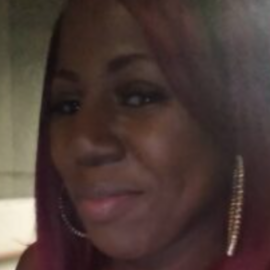
Urika’s Story In Overcoming Systemic Barriers: “Before starting my chemo treatments, my doctor at the time was having issues with my insurance to get my treatment started. She was beginning to get frustrated with my health insurance company because she wasn’t able to begin my treatments without approval. I received a call one day from my doctor saying, “Ms. Fraser. you are young and you have three kids to live for. I can no longer wait for your insurance to be approved. So my next step is to have you come into the emergency room and be admitted into the hospital.” At this point, I had no other choice but to believe in my doctor and do as I was told. I was checked in and admitted. I was mighty scared. My doctor came in and explained to me my chemo plan. She informed me the only way for me to begin treatment was for her to keep me in the hospital and bill my insurance later. After talking to me about my treatments, she brought in the doctor who would be doing my radiation treatments and he informed me he would be doing my radiation treatments for free. I stayed in the hospital for over a month and a half. I even celebrated my birthday in the hospital all while doing chemo and radiation. Eventually, I was released from the hospital and able to go home – not to my kids but instead to a family member’s house because my house was over an hour away from the hospital. I continued my treatments and eventually the tumor was no longer there. However, the cancer had spread to my lungs. I had to have a small piece of my lung removed and started chemo all over again – and this time I lost my hair.”
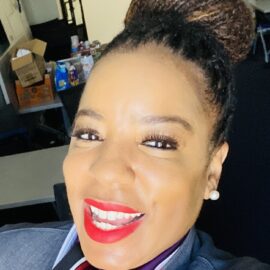
Felicia Fe Fea’s Advocacy: Empowering Through Education: “I had been experiencing heavier periods for numerous years, but thought nothing of it until in 2017 when the bleeding turned into flowing out like a water fountain and giant blood clots that would randomly fall out. I had gotten to the point of having to wear Depends. I was pale and weak. I kept advocating for myself by asking questions to my OBGYN and my advocating and questioning were ignored and minimized. I was told it may be hormonal and I might be going through menopause. Even though I had been with the same OBGYN for over ten years, who knew my history of abnormal paps and who had performed two LEEPs on me which supposedly burned off the precancerous cells, had never checked for cervical cancer. Instead, they told me to eat rare steak and liver to raise my iron levels, shot me up with hormones, and conducted an ablation on me going straight through my cervix. During my ablation, the OBGYN talked about how she had not seen anyone bleed so much during this procedure but when I questioned her she stated how much experience she had and how she had done 100’s of these. As I bleed I was sent home with no answers. I continued to basically hemorrhage for months. I couldn’t work because large blood clots would just fall out randomly and the Depends could not even hold them. The doctor kept trying to force me back to work and kept suggesting a hysterectomy with no real diagnosis other than the heavy bleeding. I was so weak and tired of wearing Depends so I decided to go along with the hysterectomy. I had labs done and my numbers were so low I had to have a blood transfusion before I could have surgery. Not once did my OBGYN say “Let’s check for cancer”; even knowing my history, as if I were an experiment (much like the Mothers of Gynecology Anarcha, Lucy, and Betsey). I had my transfusion and was off to surgery in March 2018. The surgeon contacted me and stated she would be sending my cervix and uterus to pathology because it was “torn up”. After that, I got the ‘you have cancer’ call. My entire cervix was a tumor and I had stage 2B cervical cancer that had moved into my uterus.”
Moving Forward
Understanding the impact of cervical cancer on Black women requires a holistic approach that addresses cultural, social, and systemic factors. It’s crucial to amplify these stories, cultivate open dialogue, and promote education within communities. By acknowledging the unique challenges faced by Black women, we can work towards creating a healthcare landscape that is inclusive, equitable, and supportive for all. We can break the barriers and ensure that no one is left behind in the fight against cervical cancer.
Are you a cervical cancer patient, survivor, or thriver that identifies as Black? Share your story at Cervivor.org! Then join our private group, Cervivor Noir to gain support and learn how your story can create change.
